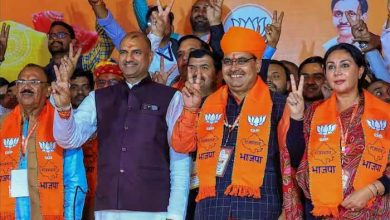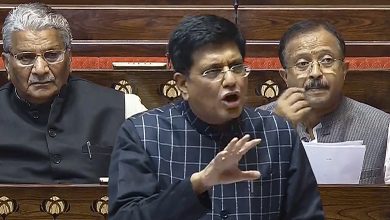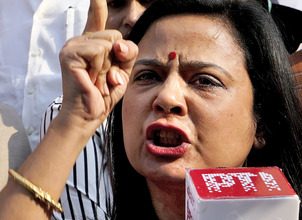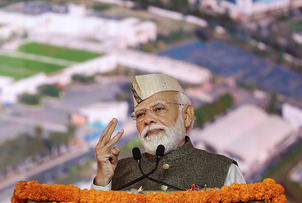Things getting worse in Western Ghats: Madhav Gadgil
Thiruvananthapuram, Oct 19 (PTI):
Things are getting worse in Western Ghats”, says eminent ecologist Madhav Gadgil as he urged the people on the “grassroots” to “sufficiently pressure” the elected representatives to take measures to end disasters in areas along its traverse including Kerala.
Gadgil and the report prepared by the Western Ghats Ecology Expert Panel (WGEEP) headed by him are back in news after over two dozen people lost their lives in landslides and flash floods occurred in the past few days in the hilly regions of Western Ghats in central Kerala districts of Kottayam and Idukki. “It is most unfortunate that things have to come to this kind of dire situation,” he said.
The report, popularly known as Gadgil committee report submitted to the Union Environment Ministry in 2011, suggested steps to preserve the ecologically frail Ghats, a treasure trove of wildlife containing more than 30 per cent of all species of plant, fish, reptile, amphibian, bird and mammal found in the whole country. “The way forward is to actually implement (the WGEEP report) through proper democratic process. The way forward is that the communities living in Western Ghats should assert their constitutional democratic rights,” the ecologist told PTI in a telephonic interview. Gadgil, while blaming the ecologically damaging activities like stone quarrying for disasters happening in Western Ghats, dismissed the suggestion that the time is over for implementing the report to protect the hills.
“That is of course a completely nonsensical statement because things are getting worse there. No question of time is over for implementing this,” he said, responding to a query. Asked why such disasters are taking place only in Kerala part of Western Ghats, Gadgil said, “that is a misunderstanding” and states like Goa and Maharashtra are experiencing the same year after year. Older than great Himalayan mountain chain, the Western Ghats running parallel to the country’s western coast, approximately 30-50 km inland, traverse the states of Kerala, Tamil Nadu, Karnataka, Goa, Maharashtra and Gujarat.
The chain of mountains cover an area of around 140,000 sq. km. in a 1,600 km long stretch that is interrupted only by the 30 km Palghat Gap. According to Gadgil, the WGEEP report should be implemented with the complete participation of the people and the 73rd and 74th amendments to the Constitution mandate people’s participation in decision making.
Referring to the “Plachimada case” in Kerala, where local residents fought a legal battle against Coca-Cola company for water rights, Gadgil said the Kerala High Court has clearly ruled that the gram panchayats have the rights for protecting the livelihood and health of innocent people. “So these rights are accepted, they are constitutional, they should be implemented for the country, for Western Ghats and people should insist for their rights at the higher level”, Gadgil said. To a question whether he favours legal route to get the WGEEP report implemented to protect lives and livelihood of people in Western Ghats, Gadgil said, “somehow I feel that you should not rely on courts to correct the misgovernance in our country”. “It is not the question only of courts. It is the question of people getting organised and insisting on their constitutional rights.”
Gadgil said the recommendations of his report should be discussed at the level of every local body—gram panchayats, ward sabhas and municipalities—, their feedback should be sought and through the democratic process the decision should be made. “That is strongly insisted in the report”, he said.
Gadgil called for sufficient participation of people living in Ghats in the decision making. He urged the people to “sufficiently pressure” to make the elected representatives who are not listening to them to listen to their voice. “For that pressure should come from below”, Gadgil said.








